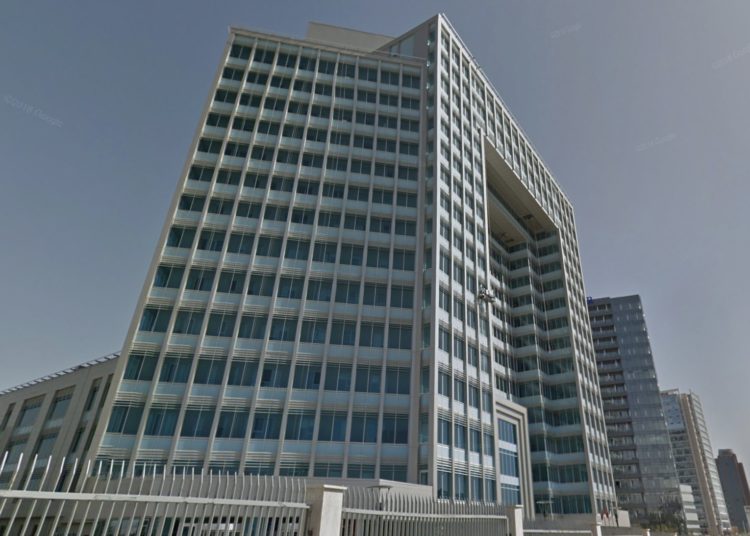Turkey’s communications watchdog has been keeping tabs on Internet traffic data including IP addresses connected through mobile phones and sharing the private data with authorities to crack down on critics of the repressive regime of President Recep Tayyip Erdoğan, a secret document has revealed.
According to the document, stamped “secret” by the Information and Communication Technologies Authority (Bilgi Teknolojileri ve İletişim Kurumu, or BTK), the Internet traffic data was used in a prosecution launched in Turkey’s eastern province of Erzurum. The document was sent to Evliya Caliskan, the public prosecutor in Erzurum, on Nov. 17, 2017 with an urgent note and CD containing detailed traffic data from a targeted mobile phone number. The correspondence said the BTK had not finalized the examination of data for two other mobile numbers and would forward the report after completion of the review.

The BTK data on the private traffic of a mobile phone user and the IP addresses that it connected to through communication lines were partially acquired from service providers in Turkey. Nordic Monitor identified in an earlier report how Vodafone’s Turkey office cooperated with authorities in sharing the IP numbers and matching port numbers for the targeted mobile phones of government critics. A secret Vodafone document stated that the company would share data on clients that had been stored for the last two years.

The BTK letter was signed by Ömer Fatih Sayan, president of the BTK. Sayan, who came under fire by the opposition for nepotism after many of his family members received high positions in the government without any competition, was appointed deputy minister for transportation and infrastructure. Sayan had been trying to compel Google, Facebook and Twitter to install data servers in Turkey so the government could track that data as well.

The Erdoğan government has been cracking down on the use of secure digital communications in Turkey on an ever-growing scale and has imprisoned tens of thousands of people for using the ByLock, Tango and Cacao messaging applications and other chat programs. The use of ByLock is deemed sufficient evidence to accuse defendants under counterterrorism laws. In most cases the matching IP/port numbers on ByLock servers with telecom carriers despite the lack of incriminating content is considered evidence of a serious crime in Turkey.

ByLock was released in March 2014 and available for free download on Google Play and other platforms. It was removed from download platforms in early 2016. There are many documented cases of people who had never used the application but were put in jail on allegations of downloading ByLock. Many believe the use of ByLock was just a pretext created by the Turkish intelligence agency to target government critics including members of the Gülen movement, a vocal opposition group.

The Turkish government’s abuse of private digital communications has been highlighted in UN reports. David Kaye, the UN Freedom of Opinion and Expression special rapporteur, described the practice as the “criminalization of encryption” in a report released at a special session on Turkey during a UN Human Rights Council regular session in Geneva in 2017. The unlawful arrest of and pre-trial detention of Swedish IT consultant Ali Gharavi and non-violence and well-being trainer Peter Steudtner in 2017 while they were providing training for Turkish human rights defenders on secure communications was also seen as part of this crackdown on secure communications.

In December 2017 the Ankara Chief Public Prosecutor’s Office stated that 11,480 GSM users were found to have been involuntarily directed to mobile phone application ByLock. Dutch cyber security firm Fox-IT said on Sept. 13, 2017 that it had debunked a report by Turkey’s National Intelligence Organization (MİT) on the ByLock smartphone application as it discovered inconsistencies and manipulation. In a statement on its website Fox-IT said the quality of the MİT report on ByLock was very low, especially when weighed against the legal consequences of the report, which was the basis of detention for 75,000 Turkish citizens.












